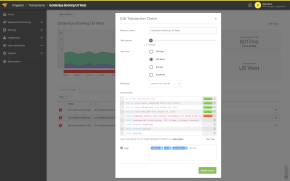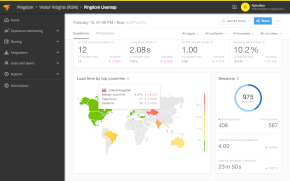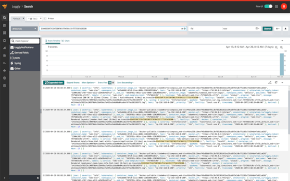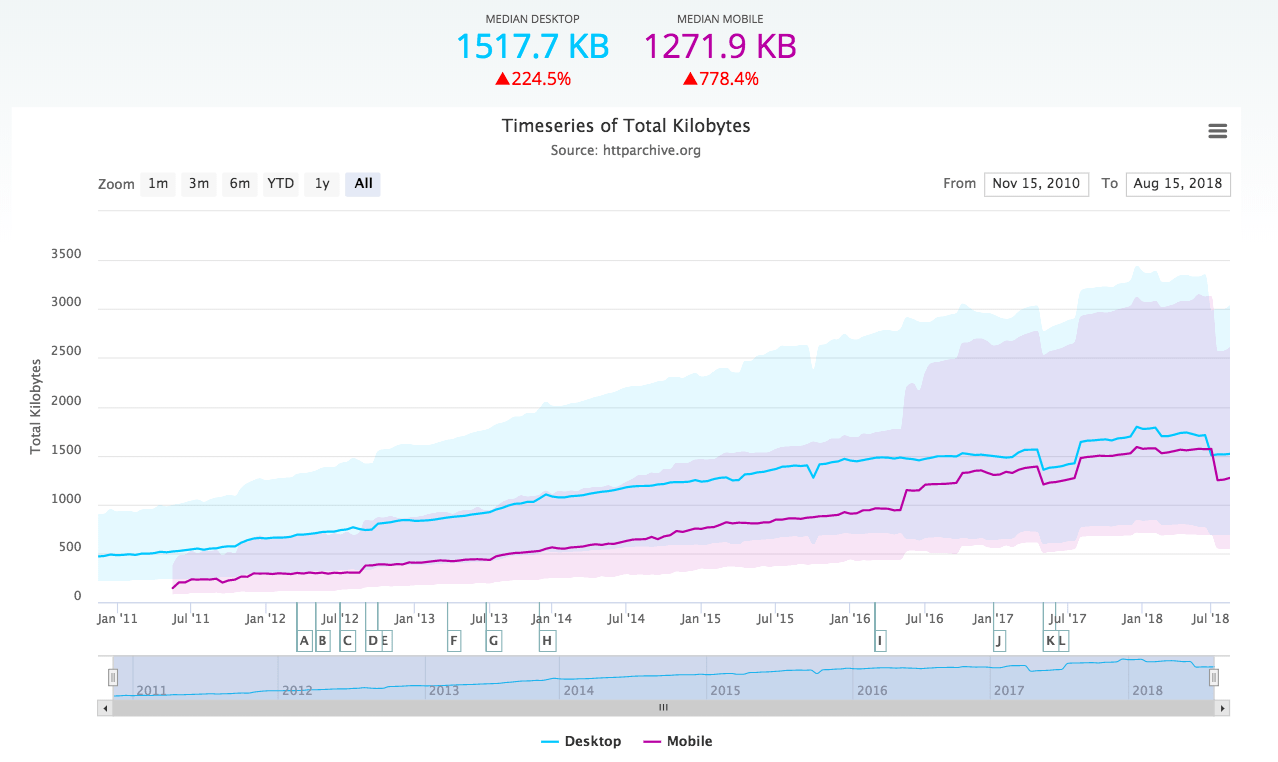 This week Google launched a new Web community on code.google.com/speed. The goal is to help Web developers speed up their Web applications, but the long-term goal is even more ambitious; to work together to make the Web as a whole a lot faster.
This week Google launched a new Web community on code.google.com/speed. The goal is to help Web developers speed up their Web applications, but the long-term goal is even more ambitious; to work together to make the Web as a whole a lot faster.
Here is Google’s presentation video (our buddy Steve Souders makes an appearance together with several other prominent Googlers):
Interestingly, the whole tone of this effort is almost philosophical, “let’s make the Web as fast as it can be for the good of the world.”
Nothing makes this more clear than looking at Google’s explanation of the purpose of this new website (from its FAQ):
Why is Google working on making the web faster? Why is it important to make the web fast? What could happen if the internet became faster?
The web is the most important platform of our times. Hundreds of millions of people use it daily to access information, to communicate and to view and share multimedia content. Improving the speed of the web will help not just Google but the entire web community because it will:
- Increase the number of internet users globally, thus making information more accessible
- Help developers produce better more responsive web apps, comparable in performance to desktop apps. This will make the web more engaging to current users, who will start using it more, for tasks that until now were only possible in desktop apps
- Help new applications and markets emerge
Overall we believe that speeding up the web will improve the quality of life for hundreds of millions of people.
What Google gives you
The code.google.com/speed website has three main sections:
- A learning section with tutorials
- A section with with downloadable tools
- The community itself (a Google Group)
You will probably get the most immediate benefit from the learning section, where Google has collected articles and other information about how to make websites faster.
In that section you can for example learn more about:
- Optimizing web graphics
- Optimizing JavaScript code
- PHP performance tips
- HTTP caching
- And much more, including various Google tech talks (video presentations)
We’re not sure what will actually come out of this in the long run, but it’s a good initiative and we hope it goes well. Making the Web as fast as it can be is something everyone should endorse, and we here at Pingdom are all for it (just look at our own little contribution to this, the free Full Page Load Test).
The original announcement from Google is available here.
























